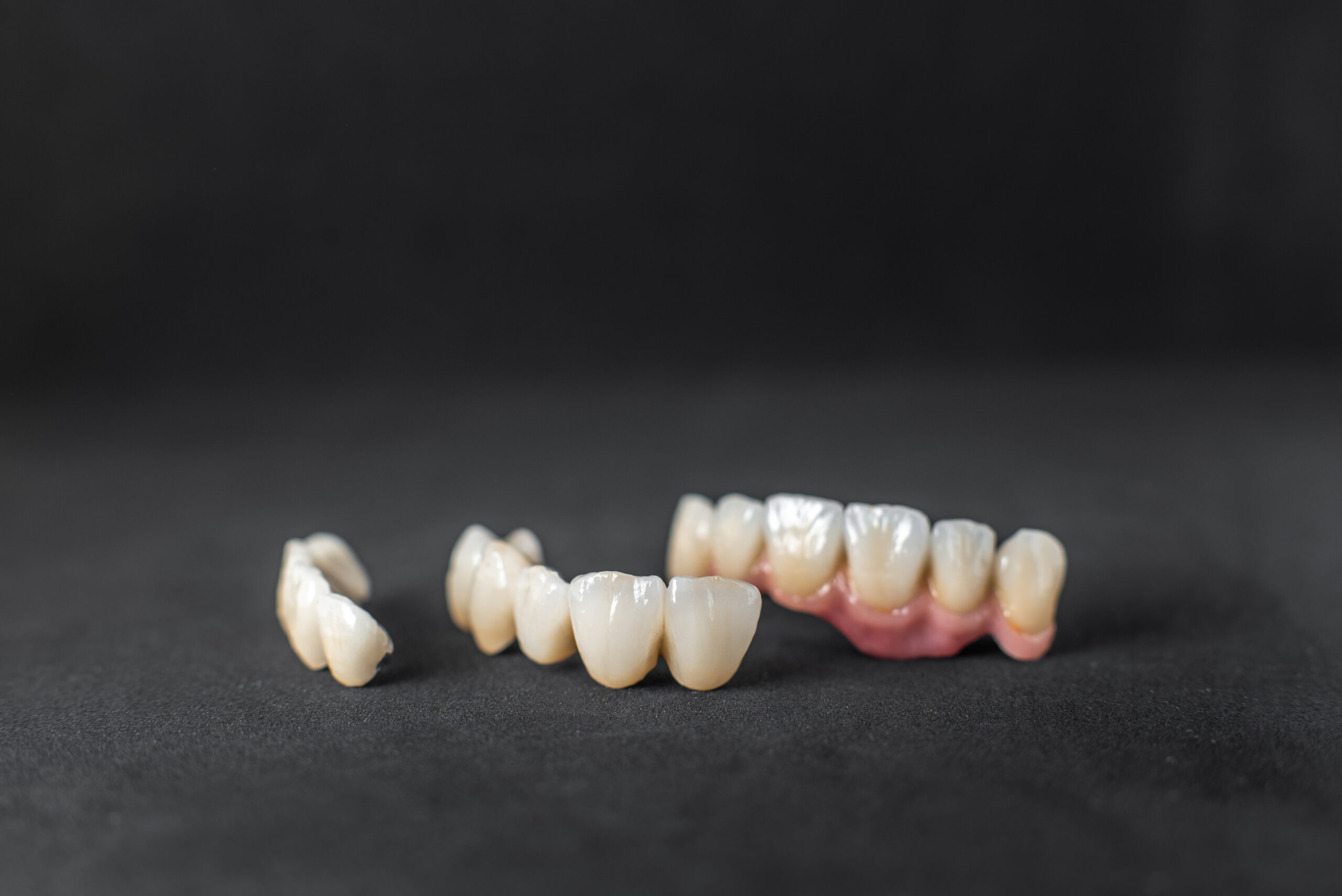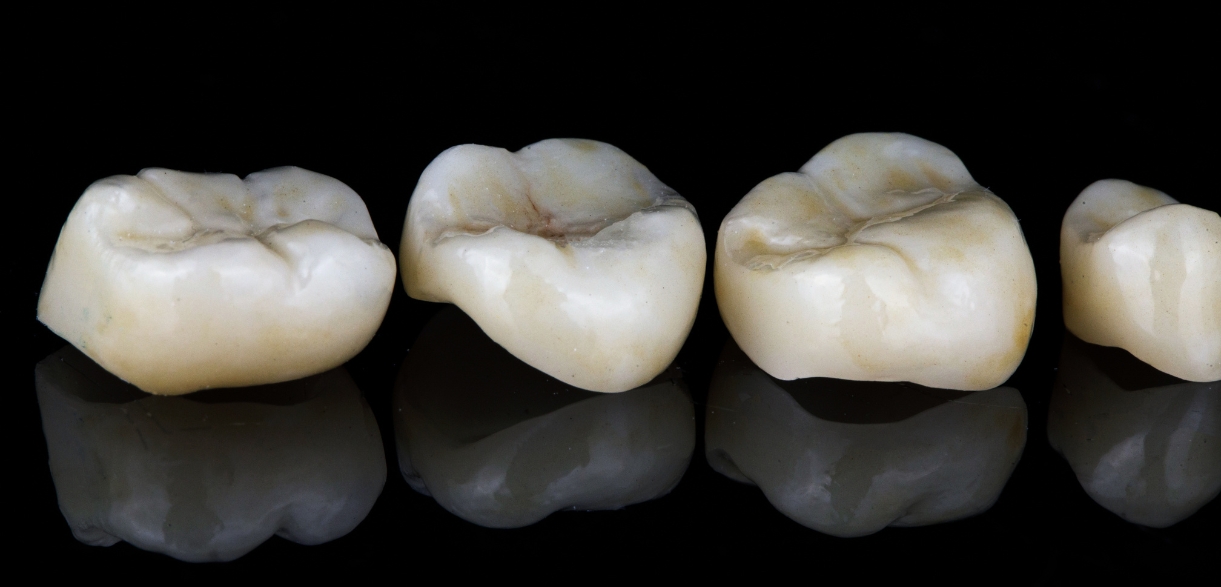
If you’ve been told you need a dental crown, you might be wondering what that actually means—and more importantly, what kind of crown is best for you. The world of dental crowns isn’t as confusing as it seems.
In fact, there are just three main types you need to know. Each type offers unique benefits depending on your needs, budget, and where the crown will be placed in your mouth. Let’s get to know about it in the simplest way possible.
The 3 Main Types of Dental Crowns
Let’s dive into the three most popular types of dental crowns you’ll likely hear about at your dentist’s office.
1. Porcelain or Ceramic Crowns
These are the most popular choice for front teeth because they look the most natural. Porcelain and ceramic crowns are tooth-colored, so they blend in beautifully with the rest of your smile.
Pros:
- Best match to natural teeth color.
- Great for people with metal allergies.
- Ideal for front teeth (most visible area).
Cons:
- Not as strong as metal-based crowns.
- Can wear down opposing teeth over time.
2. Metal Crowns
Metal crowns are usually made from gold, platinum, or base metal alloys like nickel or chromium. They’re super durable and can handle heavy chewing forces, making them ideal for molars.
Pros:
- Extremely long-lasting and durable.
- Less tooth structure needs to be removed.
- Rarely chip or break.
Cons:
- Metallic color makes them less ideal for visible teeth.
- May cause allergic reactions in some patients.
3. Porcelain-Fused-to-Metal (PFM) Crowns
PFM crowns combine the strength of metal with the natural appearance of porcelain. These dental crowns in St. Charles have a metal core covered by a porcelain layer.
Pros:
- Strong and durable.
- More natural-looking than full metal.
- Can be used on both front and back teeth.
Cons:
- Sometimes the metal base shows as a dark line at the gum.
- Porcelain layers can chip over time.
According to the American College of Prosthodontists, over 2.3 million implant-supported crowns are made annually in the U.S. alone, showing just how common and essential dental crowns are in modern dentistry.
Which Crown Is Right for You?
Choosing the right crown depends on several factors:
- Location of the tooth: Front teeth need more aesthetic appeal, while back teeth need strength.
- Budget: Metal crowns are often more affordable; porcelain and PFM may cost more.
- Allergies: Porcelain or ceramic crowns are best for patients with metal sensitivities.
- Durability needs: Metal crowns are your best bet for long-term wear, especially for molars.
Always consult with a dentist to choose the crown that fits your needs best.
How Long Do Dental Crowns Last?
With good care, all three types of dental crowns can last between 5 to 15 years, or even longer. Good oral hygiene, avoiding hard foods, and regular dental visits can extend the life of your crown.
Simple Tips To Care for Your Crown
- Brush and floss every day.
- Avoid biting on hard foods like ice or nuts.
- Wear a mouthguard if you grind your teeth at night.
- Attend check-ups and cleanings.
Understanding the different types of dental crowns can help you feel more confident and informed when making decisions about your dental health. Whether you need strength, style, or a balance of both, there’s a crown that fits your smile perfectly.
Don’t let tooth damage hold you back—talk to our dentist today and find the right crown to protect your teeth and restore your confidence.


